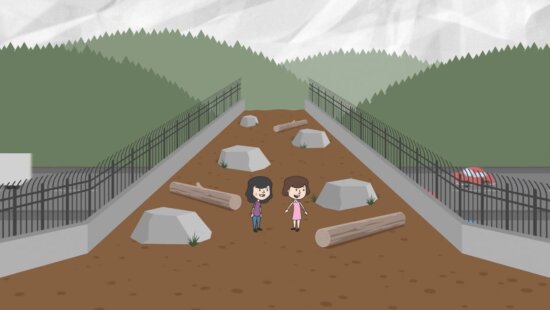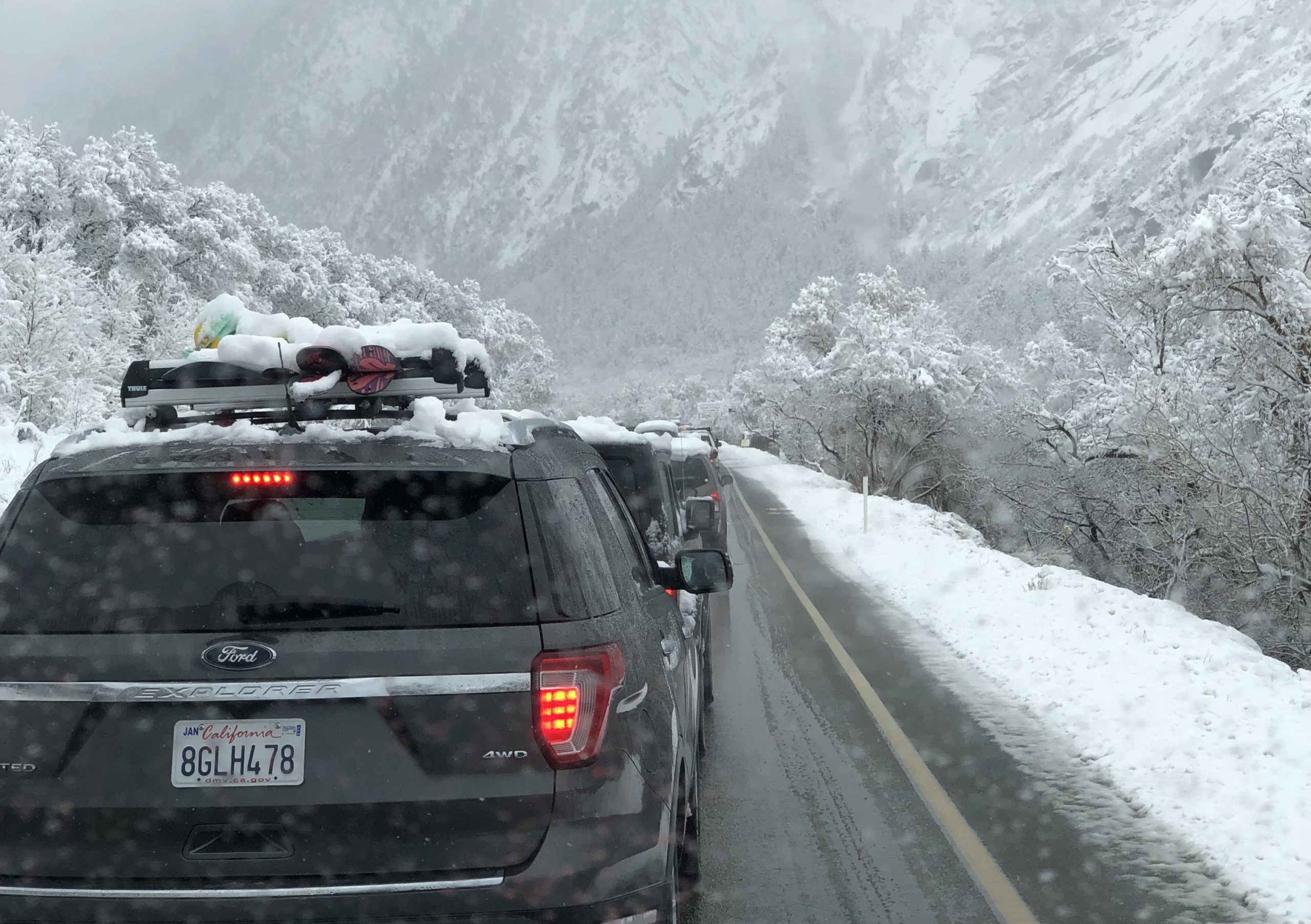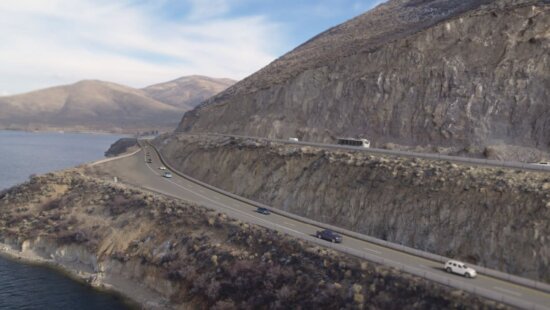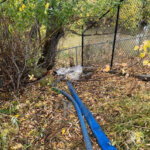NonProfit
UDOT denies SR224 wildlife crossing, sparking public outcry
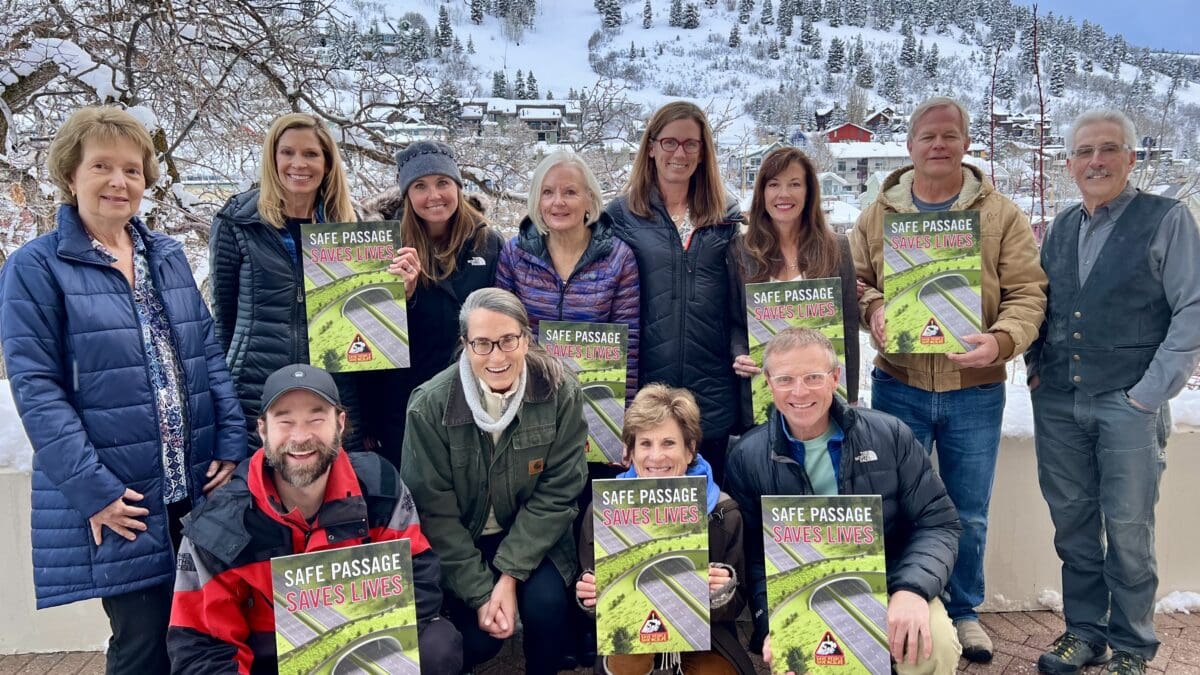
Supporters at the Feb. 16 City Council meeting. Photo: Save People Save Wildlife
In the wake of UDOT's decision, Save People Save Wildlife advocates for transparency and action
SUMMIT COUNTY, Utah — On April 2, 2024, the Utah Department of Transportation (UDOT) denied a proposed wildlife crossing on State Route 224, frustrating many Park City residents and the advocacy group Save People Save Wildlife (SPSW). Despite evidence pointing to the necessity of such a crossing to prevent wildlife-vehicle collisions (WVCs), UDOT’s refusal has left advocates seeking answers and transparency.
Carlos Braceras, Executive Director of UDOT, previously acknowledged the issue in a Utah Transportation Commission meeting.
“It is incumbent upon UDOT to do something,” he sad.
This commitment set the stage for action along SR224, recognized as the fifth worst corridor in Utah for WVCs. The road, with its 30,000 average daily traffic count, is a significant barrier to wildlife, leading to frequent and often fatal encounters.
Despite this, UDOT’s Region 2 Director, Rob Stewart, stated that the department would not support a wildlife crossing—without offering substantial evidence or documentation for this decision. This announcement was particularly disheartening to SPSW and its supporters, who had raised $260,000 in support of the crossing.
“The Utah Department of Transportation reached its decision without citing any supporting data or documentation requested by SPSW. The public, after expressing overwhelming support for safe wildlife passage on SR224 through financial contributions and support letters, has a right to know through a transparent process,” SPSW stated.
According to SPSW president Erin Ferguson, SPSW is now forced to file a GRAMA request and hire their own engineer to get an objective assessment of possible locations for the crossings. “Let’s do this right or not do it at all,” stated Ferguson. “We are going to continue to advocate for the wildlife and give the community what they are asking for. Safe passage for wildlife means increased public safety because WVCs are reduced or eliminated.”
As Park City gears up for the 2034 Winter Olympics and faces increased traffic from development projects, solutions to this ongoing issue are critical.

















